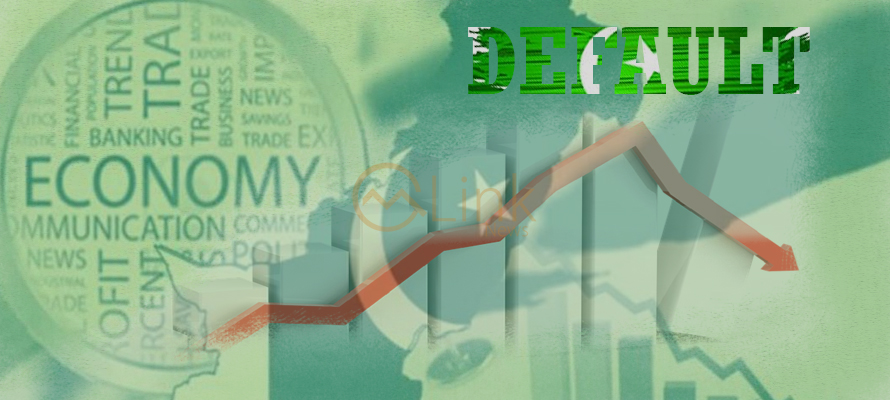Pakistan’s economic outlook is bleak, with rising inflation, mounting debt, dwindling foreign reserves, and a widening current account deficit. The country is at risk of defaulting on its external obligations, including loans and bonds, as it struggles to repay its creditors and attract new investments. The question is, who will be held responsible if Pakistan defaults?
From a legal perspective, the answer is not straightforward. Pakistan’s debt is governed by various laws and contracts, which define the rights and obligations of the parties involved. The government of Pakistan, as the borrower, has a duty to repay its debts on time and in full, and to comply with the terms and conditions of the loan agreements and bond issues. The lenders and investors, on the other hand, have a right to expect timely and full repayment, and to enforce their claims in case of default.
If Pakistan defaults, the immediate consequences would be severe. Its credit rating would plummet, making it harder and costlier to borrow in the future. Its access to international markets and institutions, such as the IMF and the World Bank, would be restricted, depriving it of much-needed liquidity and support. Its domestic currency, the rupee, would likely depreciate further, fueling inflation and eroding purchasing power. Its social and political stability would be at risk, as unemployment, poverty, and inequality would worsen.
The ultimate responsibility for a default, however, cannot be attributed to a single party. It would be a collective failure of governance, policy, and accountability. The government of Pakistan, past and present, would share the blame for mismanaging the economy, neglecting reforms, and engaging in corrupt practices. The lenders and investors, particularly those who have lent recklessly or charged exorbitant interest rates, would share the blame for ignoring the risks and exploiting the vulnerabilities of Pakistan’s economy. The international community, including the IMF and the World Bank, would share the blame for providing inadequate and conditional assistance, and for not pressuring Pakistan to adopt more sustainable and inclusive policies.
In the event of a default, the legal remedies available to the parties would depend on the terms and conditions of the relevant agreements and contracts. The lenders and investors could seek to enforce their claims through various channels, such as arbitration, litigation, or debt restructuring. The government of Pakistan could try to negotiate new terms or seek relief from its creditors, or resort to more drastic measures, such as capital controls or currency devaluation. The outcome would be uncertain and contentious, as each party would seek to protect its interests and minimize its losses.
In conclusion, the prospect of a default in Pakistan is a grim reminder of the fragility and complexity of the global financial system. It highlights the need for stronger governance, transparency, and accountability in both borrowing and lending. It also underscores the importance of sustainable and inclusive economic policies that prioritize growth, stability, and equity. If Pakistan defaults, the responsibility would be shared by many, but the burden would fall disproportionately on the most vulnerable and marginalized segments of society. It is in the interest of all parties to prevent such a scenario and to work together towards a more resilient and prosperous future.
ABOUT THE AUTHOR:
Ameer Mukhtiar
the writer is a practicing
Advocate & Faculty of Law
The Lex – Contributor

